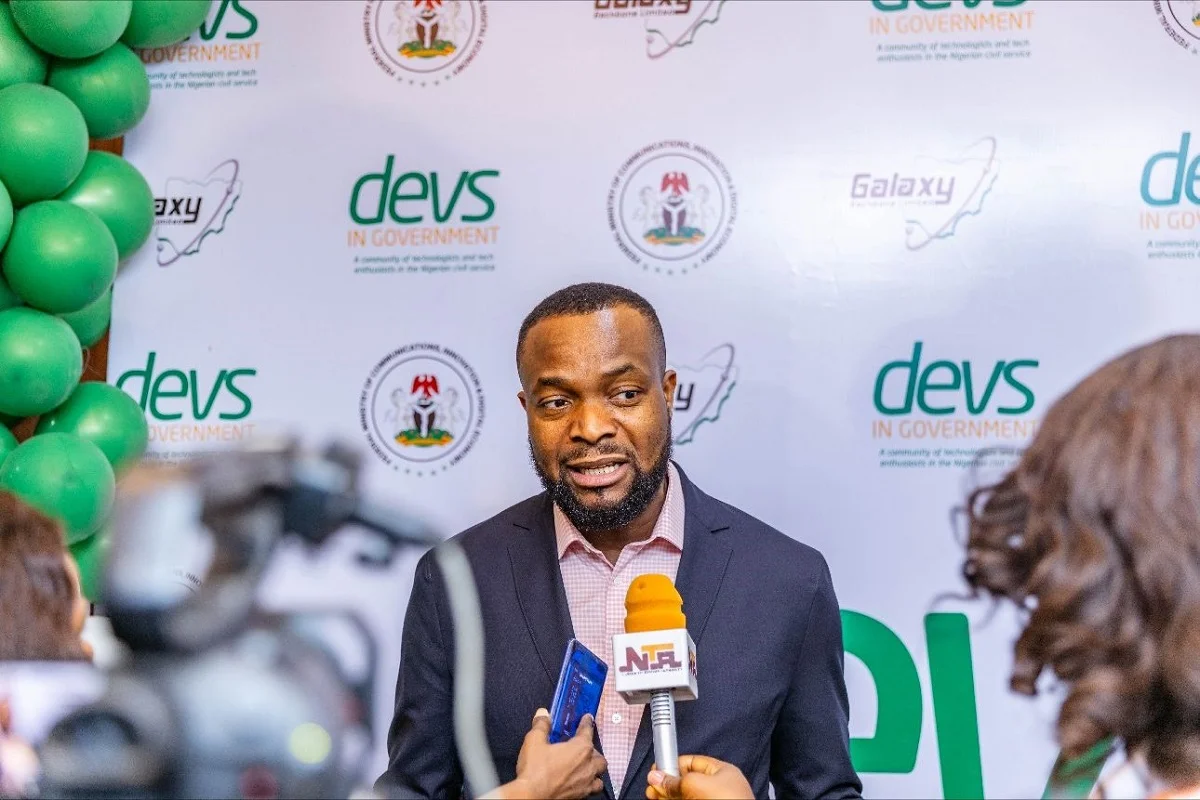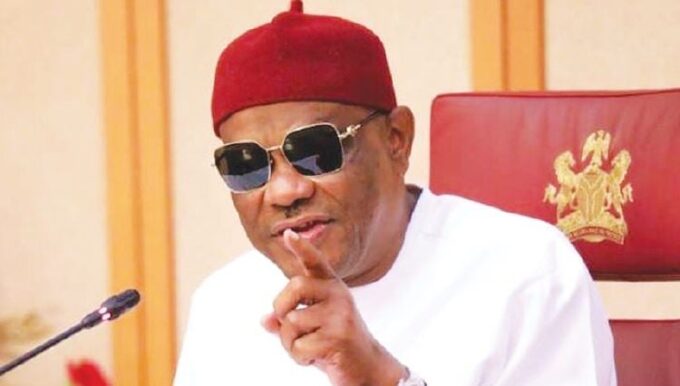By Chinenye Anuforo
The Federal Government is strongly backing local cloud hosting and data infrastructure as crucial for national growth, following the launch of MTN Nigeria’s $150 million Tier III Dabengwa Data Centre in Lagos.
This new facility, West Africa’s largest modular data center, was unveiled on Tuesday in a high-profile ceremony, marking a significant step in Nigeria’s digital evolution and showcasing the administration’s dedication to achieving full digital sovereignty.
Speaking at the commissioning, the Minister of Communications, Innovation and Digital Economy, Dr. Bosun Tijani, said the new facility is a vital pillar in the government’s broader strategy to reduce Nigeria’s dependence on foreign hosting services, enhance digital resilience, and foster economic diversification.
“This initiative aligns directly with the vision of His Excellency, President Bola Ahmed Tinubu, to build a $1 trillion economy, an economy powered by productivity, innovation, enterprise, and inclusivity,” Tijani said.
“With infrastructure like this, we are keeping our data and capital local, reducing the need to spend scarce foreign exchange. It provides the digital backbone for key sectors such as fintech, healthcare, education, and AI. This is how we build national trust and ensure digital sovereignty.”
Tijani also reaffirmed that the facility supports the government’s Project BRIDGE and the deployment of 7,000 communication towers in unserved and underserved areas, which together aim to provide meaningful connectivity to over 20 million Nigerians still offline. He further praised MTN’s support for the 3 Million Technical Talent (3MTT) programme, noting the company’s ₦3 billion commitment to training Nigerian youth in digital skills.
“Talent needs platforms. This facility provides exactly that enterprise-grade infrastructure on Nigerian soil that enables startups, developers, and creators to scale their innovations from Nigeria to the world,” he said.
Also speaking, the Director-General of the National Information Technology Development Agency (NITDA), Kashifu Inua Abdullahi, described the development as more than a corporate milestone, calling it a national investment in data sovereignty and a foundation for Africa-focused innovation.
“This project signifies Nigeria’s readiness to build a robust, inclusive, and truly sovereign digital ecosystem in line with President Tinubu’s Renewed Hope Agenda,” Abdullahi said.
“It directly supports the Nigeria Data Protection and Trust Policy, and positions the country to compete with global hyperscalers by enabling local cloud providers to thrive. With our ‘9-0-2’ strategy, we at NITDA are working to expand inclusive access to digital infrastructure and create the right standards to accelerate cloud and AI adoption nationwide.”
Abdullahi added that Nigeria is no longer waiting for foreign hyperscalers to invest in local capacity.
“If international players are not ready to build here, Nigeria is ready to power its own cloud future.”
For MTN Nigeria, the project is a bold reaffirmation of its long-term commitment to the country. The company’s CEO, Karl Toriola, described the new facility as a crucial step toward digital self-reliance and economic transformation.
“This data centre is a representation of technological investment that goes beyond infrastructure, it is a statement of our belief in Nigeria’s future,” he said. “We have built an enterprise-grade facility with a starting capacity of 4.5MW, scalable to 14MW, compliant with local data protection laws, and designed for maximum reliability, security, and ESG alignment.”
The MTN boss revealed that the project engaged over 300 local workers during construction, sourced input from Nigerian partners, and contributed to local planning fees, import duties, and skills transfer, making it a holistic economic contribution.
He also announced the launch of MTN Cloud, a locally hosted platform that competes with global cloud providers while offering Nigerian startups and developers computing power at competitive rates and in local currency.
“We are providing sovereign, locally managed, globally competitive digital platforms that empower Nigerian businesses to scale faster and more securely,” he added. “This is what it means to make the digital economy real for everyone.”
Representing Governor Babajide Sanwo-Olu of Lagos State, the Secretary to the State Government, Barr. Bimbola Salu-Hundeyin, hailed the facility as a game-changer that reinforces Lagos’ status as a technology and innovation capital.
“This launch marks a major step in Nigeria’s journey towards full digital transformation and economic resilience. Lagos, now the world’s fastest-growing tech city according to the global tech ecosystem, is proud to be home to this landmark investment,” Salu-Hundeyin said.
She lauded MTN for choosing Lagos, describing it as a “wise investment” that aligns with the state’s smart city agenda and pro-business policies.
“With this Tier III facility, MTN is raising the bar for secure, scalable, and efficient enterprise services essential for startups, public services, and multinationals alike. It also symbolizes deepening trust and collaboration between MTN and the Lagos State Government.”
The data centre, named Dabengwa in honour of former MTN Group CEO Sifiso Dabengwa, who played a pivotal role in the company’s African expansion, is already operational and hosting clients. Equipped with advanced cooling systems, seven degrees of network connection redundancy, and stringent data protection protocols, it is expected to enhance the delivery of high-speed, secure digital services to Nigerian users and businesses.
“We are shaping the future of digital transformation in Nigeria,” Toriola concluded. “This is not just about infrastructure, it is about making Nigeria a digital hub for the region, and ultimately, the continent.”
With growing investments in local infrastructure and a firm policy direction from the Federal Government, Nigeria appears poised to take its place as a leading digital powerhouse in Africa, one data centre at a time.


















Leave a comment